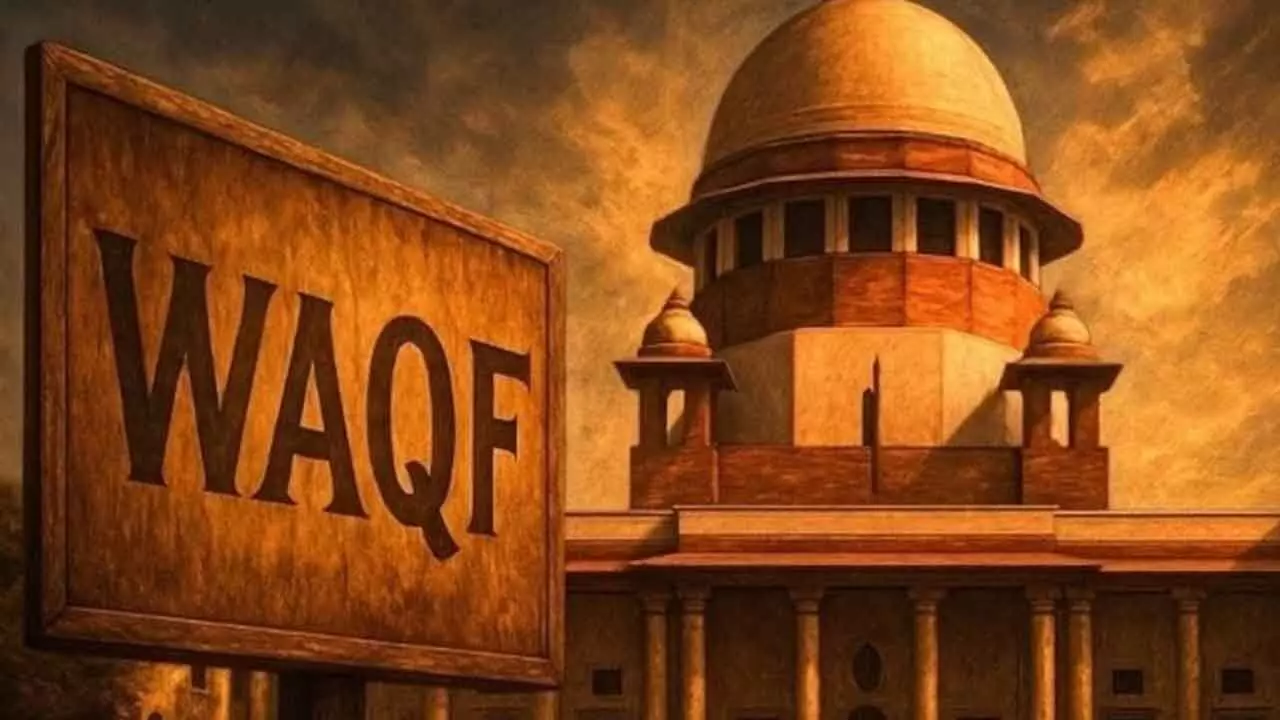Waqf not essential part of Islam: Govt

New Delhi: The Union government on Wednesday told the Supreme Court that Waqf is a charity organisation and is not an essential part of Islam.
This was during the second day of the Waqf hearing in the apex court. A bench of the Supreme Court headed by Chief Justice BR Gavai is hearing the pleas challenging the new Waqf Act. Solicitor General Tushar Mehta, appearing for the Centre, said Waqf is an Islamic concept, but it is not an essential part of Islam. Mehta further argued that charity is part of other religions.
“Hindus have a system of daan. Sikhs also have it. Waqf is nothing but just charity in Islam." The Solicitor General also made the case that the Central government was empowered to reclaim properties that were declared waqf under the controversial ‘waqf by user’ clause. “Waqf by user is not a fundamental right and was recognised by a statute. Judgment said if a right is conferred by statute… right can always be taken away by a statute," he told the Supreme Court.
“Nobody has the right over government land… There is a Supreme Court judgment which says the government can save the property if it belongs to the government and has been declared as waqf,” he told the two-judge bench.
Waqf by user refers to a concept where a property is recognised as waqf based on its long-term use for religious or charitable purposes, even without formal documentation.
Speaking on the inclusion of non-Muslims in the Waqf board, he said that Waqf was “purely secular” in nature and did not touch upon any religious function, hence the provision of a maximum of two Muslim members would not change its character.
He said a provision for the appointment of non-Muslims has been made to alleviate the concerns of the non-Muslim population, who may be affected by the decisions made by the Waqf board. SG Mehta also pointed out that the Commissioner of the Bombay and Gujarat Public Trust Acts – who control all temples that are purely religious “unlike Waqf” – could be Muslims.
“Even Waqf used to be under the administration of a non-Muslim charity commissioner… If two non-Muslims are appointed, no prejudice would be caused,” he added.
Responding to the submissions challenging the constitutional validity of the Waqf (Amendment) Act, 2025, on Tuesday, SG Mehta commenced advancing his arguments on behalf of the Centre before a bench comprising Chief Justice B R Gavai and Justice Augustine George Masih.














